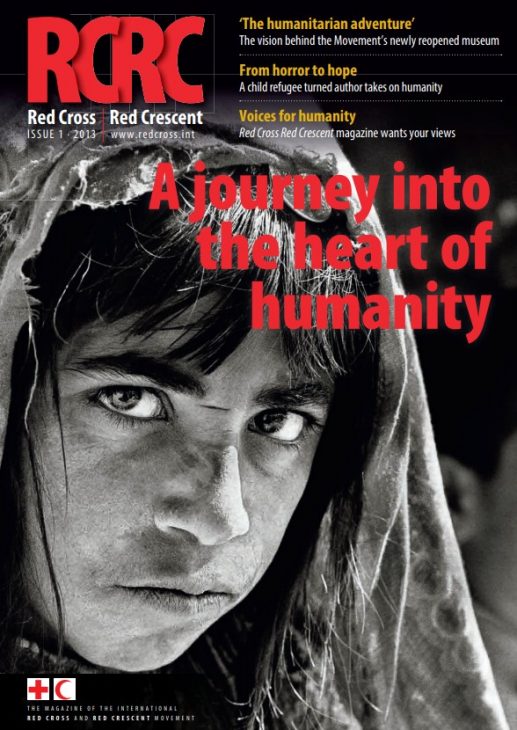Guest editorial: Migration – put humanity first
People fleeing conflict, persecution, poverty or natural disaster deserve to be treated with humanity.
Necessary cookies are required to enable the basic features of this site, such as providing secure log-in or adjusting your consent preferences. These cookies do not store any personally identifiable data.
Functional cookies help perform certain functionalities like sharing the content of the website on social media platforms, collecting feedback, and other third-party features.
Analytical cookies are used to understand how visitors interact with the website. These cookies help provide information on metrics such as the number of visitors, bounce rate, traffic source, etc.
Performance cookies are used to understand and analyze the key performance indexes of the website which helps in delivering a better user experience for the visitors.
Advertisement cookies are used to provide visitors with customized advertisements based on the pages you visited previously and to analyze the effectiveness of the ad campaigns.

People fleeing conflict, persecution, poverty or natural disaster deserve to be treated with humanity.
The Fundamental Principles turn 50 years old this year. What better time to examine the challenges faced in putting these key guiding principles into action?
Digital information technology holds tremendous potential for easing human suffering. But it also poses many risks. In countries impacted by conflict, for example, those risks can be a matter of life and death. Humanitarian ‘tech-plomat’ Philippe Stoll decodes plusses and minuses of the humanitarian tech revolution.